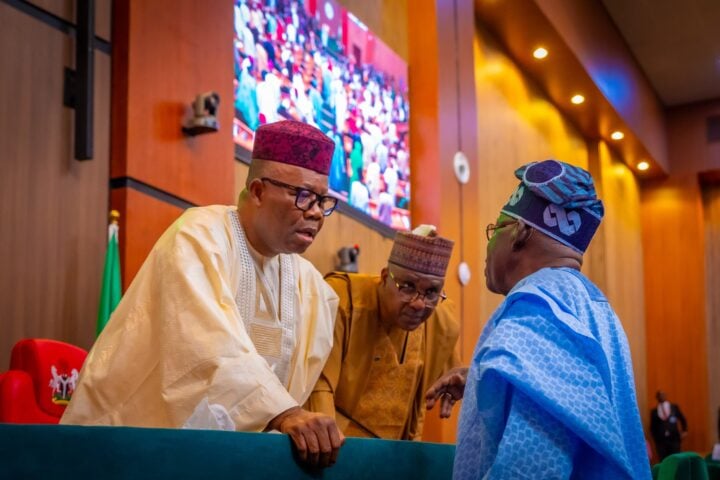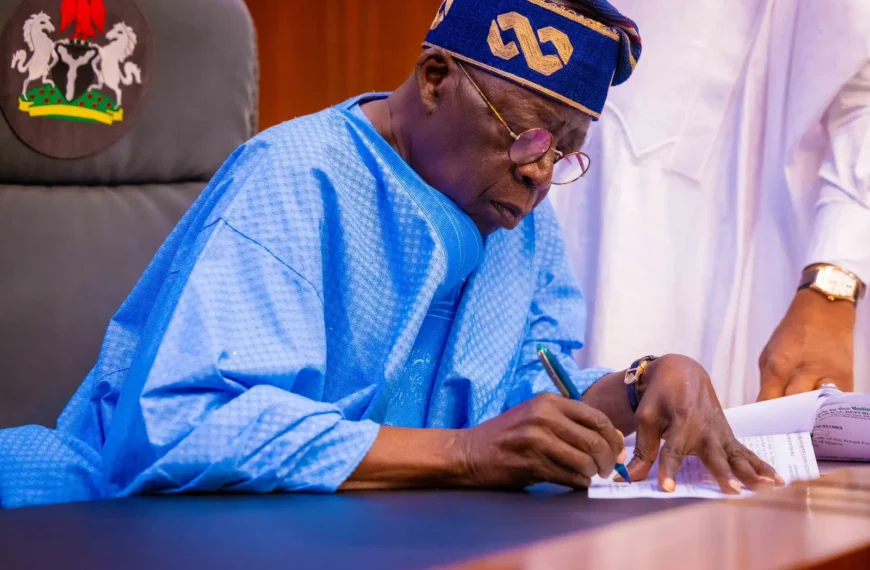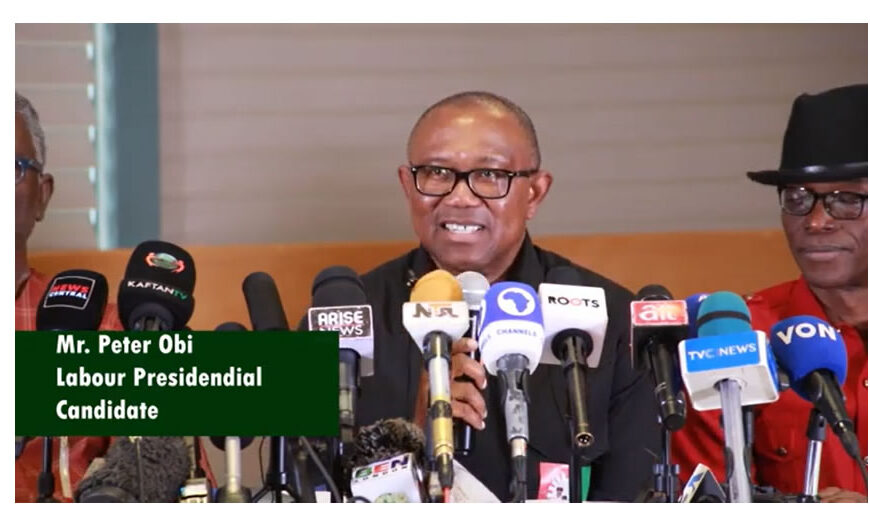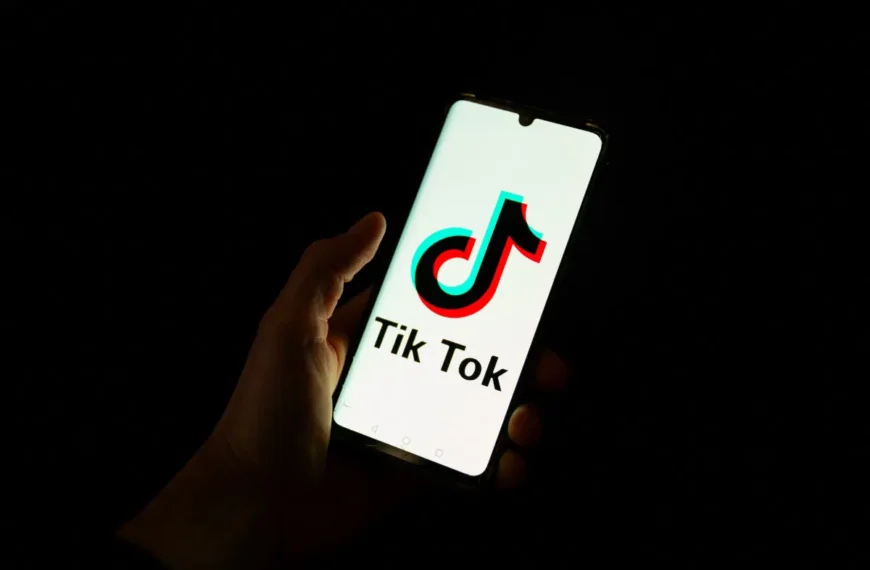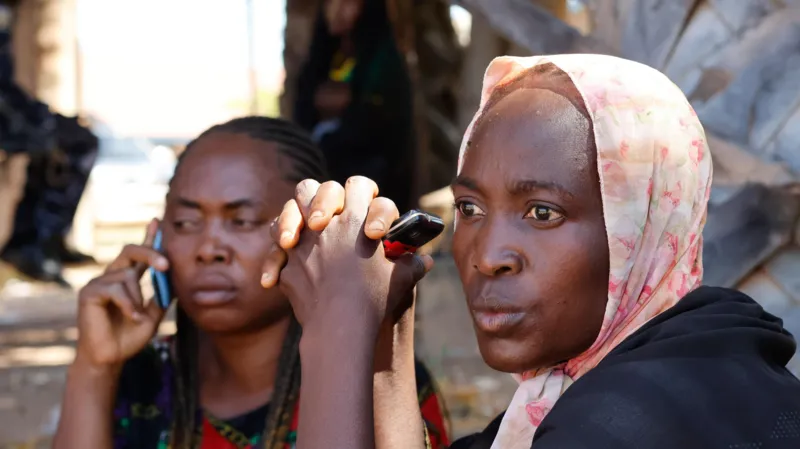In a major development in the high-profile case involving Nnamdi Kanu, leader of the Indigenous People of Biafra (IPOB), a medical panel constituted by the Nigerian Medical Association has declared that he is medically fit to stand trial. The panel’s report, submitted to the Federal High Court in Abuja, concluded that Kanu’s health condition is not life-threatening and does not prevent him from continuing with his legal proceedings.
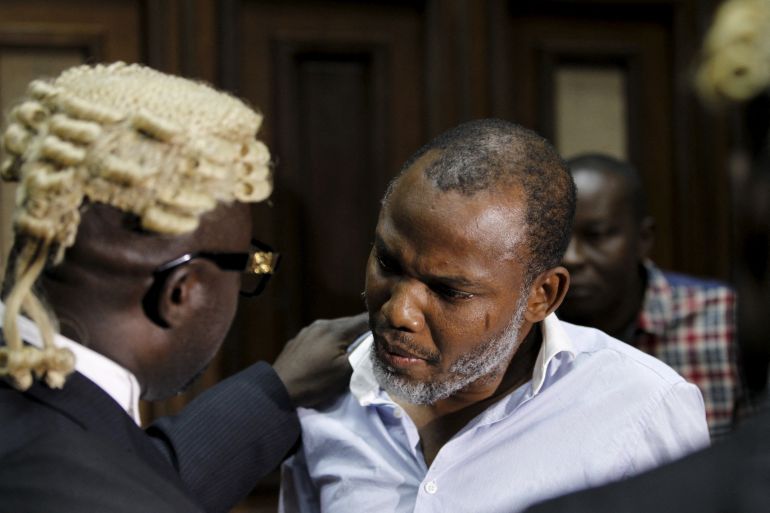
Why the Health Issue Arose
Nnamdi Kanu’s health had been a central issue in recent court sessions. His legal team had repeatedly raised concerns about his deteriorating condition and the adequacy of the medical care provided to him in custody. The Department of State Services (DSS), however, countered with its own medical reports, asserting that he was receiving proper care.
Faced with conflicting claims, Justice James Omotosho ordered an independent examination by a neutral medical panel. The Nigerian Medical Association assembled a team of specialists to assess Kanu’s condition and determine whether he was fit to stand trial or required transfer to a different medical facility.
Panel’s Findings
The panel’s report, submitted to the court on October 13, concluded that:
- Kanu’s health condition is not life-threatening.
- There is no medical basis to halt or delay the trial.
- The current level of medical care available is adequate for his condition.
After reviewing the report and hearing submissions from both parties, Justice Omotosho accepted the panel’s findings and ruled that the trial should proceed as scheduled.
Court Decisions and Next Steps
Following the ruling, the court fixed October 23 as the date for Kanu to open and close his defense, setting aside six consecutive hearing days to fast-track proceedings.
The judge also granted Kanu’s legal team a special request for a private consultation with him inside the courtroom, away from DSS surveillance. This session is scheduled to hold on October 22 between 9:00 a.m. and 12:00 noon.
This marks a significant shift in the legal timeline, as previous adjournments were largely based on health-related motions.
Implications of the Ruling
The confirmation of Kanu’s fitness to stand trial has major legal and political implications:
- End of Health-Based Delays:
The court’s acceptance of the medical panel’s findings effectively closes the door on further adjournments based on medical grounds, allowing the trial to move forward. - Shift in Legal Strategy:
Kanu’s defense team will likely adjust its focus from health concerns to substantive legal arguments and constitutional issues. - Tightened Trial Schedule:
With six hearing days set aside, the court is signaling a commitment to a swift and conclusive process. - Scrutiny on DSS Facilities:
While the panel found the DSS medical care adequate, any future deterioration in Kanu’s health could reignite debate over his detention conditions. - Political and Public Attention:
Kanu remains a polarizing figure, and developments in his trial are closely monitored by his supporters, human rights observers, and the Nigerian government.
Background of the Case
Nnamdi Kanu is facing multiple charges, including terrorism, treasonable felony, and incitement related to his activities as the leader of IPOB. His trial has drawn national and international attention, with human rights groups and political observers calling for fair and transparent proceedings.
The confirmation of his fitness to stand trial removes one of the biggest hurdles in the legal process and sets the stage for a crucial phase of the case.
What Happens Next
The trial will resume on October 23, when Kanu is expected to begin his defense. Both the prosecution and defense are preparing for what many anticipate will be a defining stage in one of Nigeria’s most closely watched trials in recent years.

